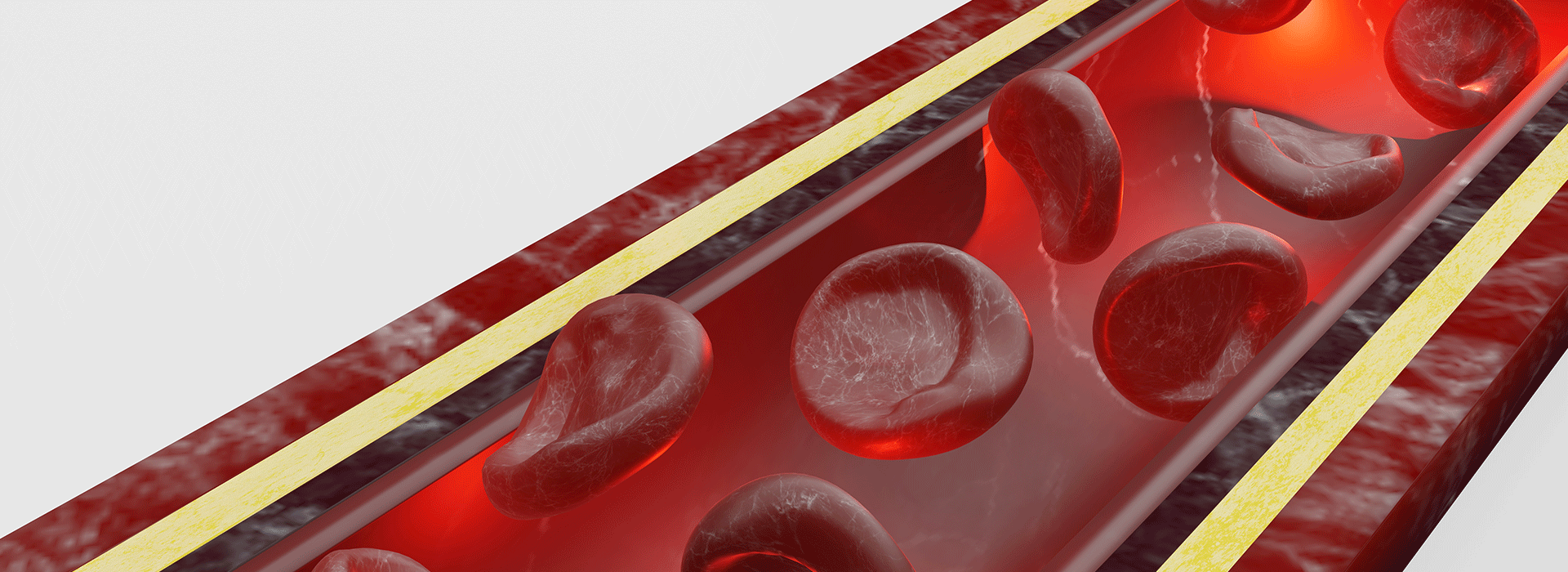HEMATOLOGY
Hematology is the medical science of blood and blood disorders, such as anemia, blood clotting disorders, infectious diseases, hemophilia and leukemia. Hematology tests are also important to do, namely a complete blood count which includes white blood cells, red blood cells and platelets. Not only performed as a routine check to determine blood conditions, hematology tests are also performed to help diagnose and treat various blood problems or disorders such as infection or bleeding.
Virtu DigiLab provides a complete hematology examination service with fast and high-accuracy test results. In addition, the equipment we use for the hematology test is also an international standard laboratory equipment so that it is able to provide comprehensive results and diagnoses.
HEMATOLOGY SERVICES AVAILABLE
DARAH
- HEMA - ROUTINE HAEMATOLOGY
- HEMA - ERYTHROCYTE SEDIMENTATION RATE
- HEMA - PERIPHERAL BLOOD FILM
- HEMA - BLOOD GROUP AND RHESUS
- HEMA - FERRITIN
- HEMA - INTERNATIONAL NOMALIZED RATIO
- HEMA - FIBRINOGEN
- HEMA - D-DIMER
- HEMA - FULL COUNT HAEMATOLOGY
- HEMA - PROTHROMBIN TIME
- HEMA - APTT
- HEMA - BLEEDING TIME (BT)
- HEMA - CLOTHING TIME (CT)
UNDERSTANDING & PREPARING YOUR PROCEDURES
Hematology is one of the health studies that specializes in studying blood and its disorders. Some of the diseases treated by the field of hematology medicine include anemia, blood clotting disorders, infectious diseases, hemophilia, and leukemia.
In the world of health, a hematology test is a complete blood test that includes white blood cells, red blood cells, and platelets. This examination is usually included in the health examination. Apart from being a routine health check, the doctor will also perform hematology tests to help diagnose certain problems, for example, such as infection or bleeding.
Basically, this hematological examination has various benefits. Starting from assessing general health conditions, checking for signs of infection, to helping doctors to diagnose various diseases. In addition, hematological examination is also used as a procedure in conducting blood donations and transfusions.
There are many types of hematological examinations that can be performed. One of them is a complete blood count. The purpose of this test is to assess the overall condition of the blood and help diagnose anemia, inflammatory diseases, monitor blood loss, infection, and even detect cancer. Blood tests include the number and volume of red blood cells, as well as white blood cells and their types. In addition, partial thromboplastin time (PTT), prothrombin time (PT) and international normalized ratio (INR) examinations can also be performed. All three aim to assess blood clotting and disorders.
Hematology tests can also be used to determine whether a person can undergo treatment or not. Especially for medications that can affect blood cells such as aspirin, as well as medical procedures such as surgery or surgery.
In hematology, blood disorders usually occur due to disease, side effects of drugs, and deficiencies of certain nutrients in daily food intake. The treatment required for this blood disease varies, depending on the condition of the blood and its severity. Likewise with the course of the disease, because these conditions can vary.
When treating patients, hematologists can collaborate with experts in various other fields to provide effective treatments, such as transplantation, oncology, and clinical pathology. In other words, the role of hematology is very important in every process from diagnosis to management.
Although its role is very helpful for a diagnosis, a complete hematological examination is not absolutely necessary. After obtaining the results of a complete hematology test, the doctor may suggest other additional tests to determine the diagnosis of the disease.

